Meta made insane offers in bid to nab OpenAI talent, Altman claims
OpenAI chief Sam Altman has said that Meta tried to tempt his top AI researchers to switch sides by offering hiring bonuses of $100 million. Yes, you
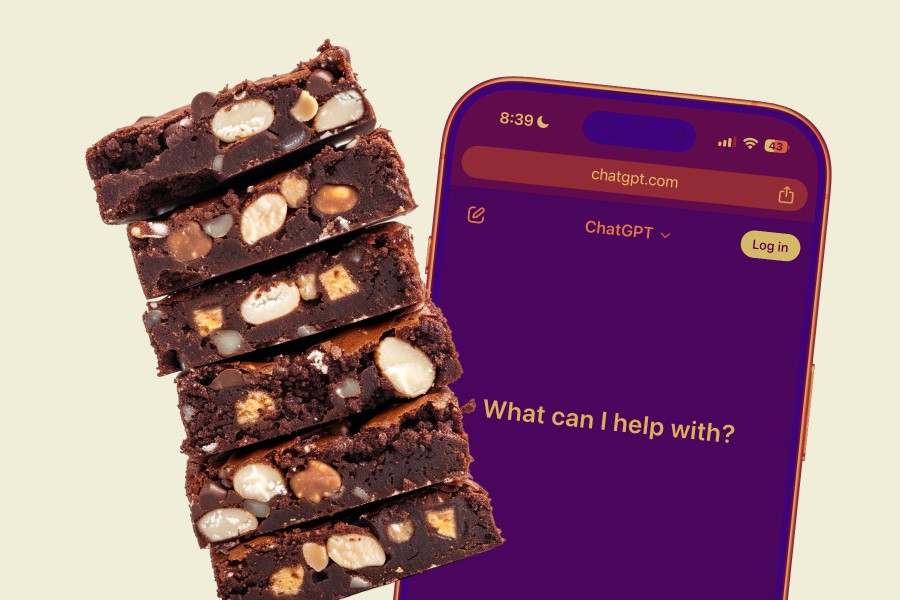
OpenAI’s ChatGPT tool has found widespread adoption, from assisting with academic work and domain-specific deep research to speeding up drug discovery. People are also loving its Ghibli image generation so much that the user load is “melting” OpenAI’s GPU stack. The next major avenue for ChatGPT could be quite a delicious adventure.
Specifically, the AI chatbot could speed up the sensory testing of brownies, potentially speeding up the development of new flavors, too. The folks over at the University of Illinois Urbana-Champaign recently published a study analyzing the potential of ChatGPT as a sensory taster for various types of brownies.
In the food industry, expert sensory evaluation is a huge thing. Technically referred to as organoleptic, it’s all about studying the impact of food items on various human senses. Think of taste, smell, sight, touch, texture, and even the sound. It is then tied to the emotional and sentimental side of tasting a certain food item.
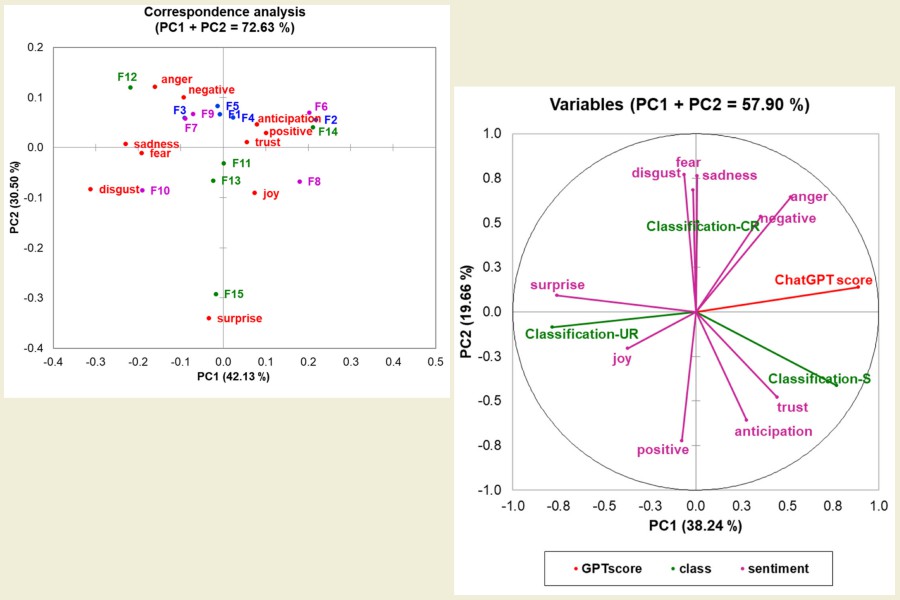
Usually done by a panel of experts as well as random testers, sensory evaluation allows a chef (or brand) to test whether the food item is good enough for a wide launch, if the aroma is nice, or does the spice profile or sweetness could use some adjustment. The emotions felt by users, such as trust, joy, anger, pleasure, or disgust, are also assessed to create a complete sensory profile.
Needless to say, it’s a meticulous process, which takes a lot of time, and money. What if ChatGPT is pushed to do the same? That’s exactly what the latest research is all about. Damir Torrico, assistant professor at the institute’s Department of Food Science and Human Nutrition, tested ChatGPT by asking it about fifteen different brownie recipes for sensory evaluation.
The AI’s responses were not too far off compared to human experts, showing “behavioral similarities to typical consumer responses.” It scored the different recipes on a scale of 1 to 10, providing a score for “sentiments” such as fear, surprise, joy, and sadness at each brownie combination.
The over-arching idea, however, is not to replace human taste evaluators. Instead, it could help food scientists and other industry stakeholders to narrow down a long list of recipes (based on varying ingredients) and then involve human taste experts in tasting the versions with the highest chance of success.
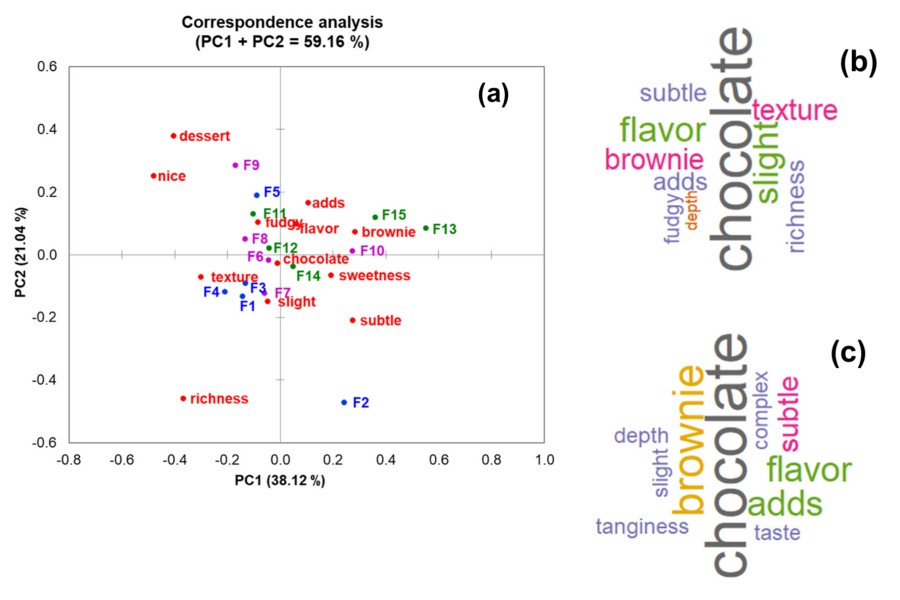
Incorporating ChatGPT could, therefore, save time as well as resources. “ChatGPT has the potential to serve as an efficient pre-screening tool for product evaluation, significantly accelerating the sensory analysis process,” says the paper. However, there are a few challenges that need to be sorted out.
As per the expert analysis, ChatGPT’s responses were deemed overwhelmingly positive, even for the ingredient combinations that included weird items. “In ChatGPT’s attempt to act human, it seemed to display this behavior,” note the experts. That’s not entirely unexpected, because the prompt asked the AI chatbot to act like a human taster.
For example, one of the brownie recipes involved ingredients such as worm meal and fish oil, while the other one incorporated citric acid. Neither of these items is typically used for making brownies. One could even feel disgusted by the idea of worm meals in a chocolate brownie.
Even though ChatGPT was not entirely accurate, it exhibited a rather curious positive bias. The experts behind the study say such AI-driven sensory evaluation models could use some fine-tuning so that they can accurately describe a wider range of sensory emotions and provide appropriate feedback before the food industry adopts them.
The potential, however, is apparent. Let’s just hope it doesn’t pull off a flub like Google’s Gemini telling users to put glue on pizza, or even making an error at something as basic as the ongoing year.
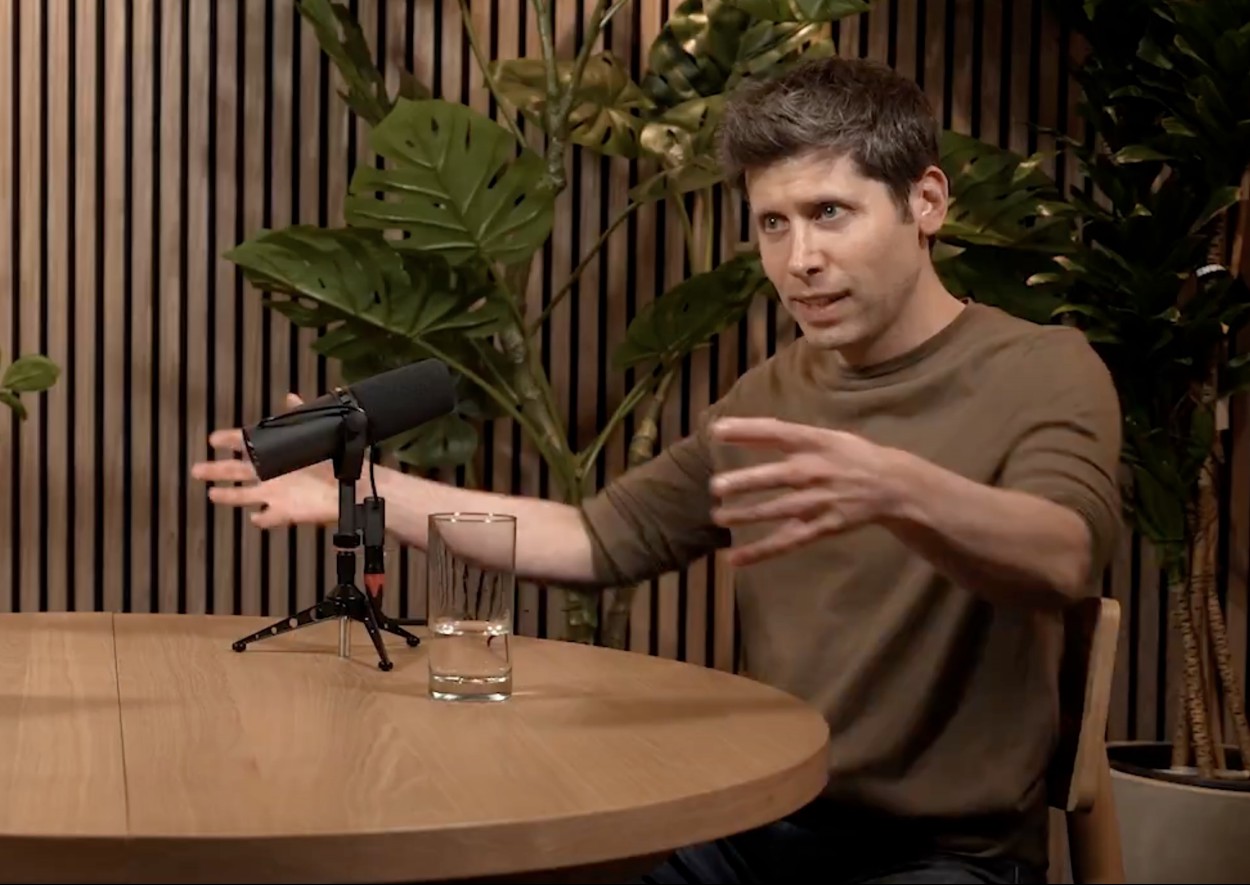
OpenAI chief Sam Altman has said that Meta tried to tempt his top AI researchers to switch sides by offering hiring bonuses of $100 million. Yes, you
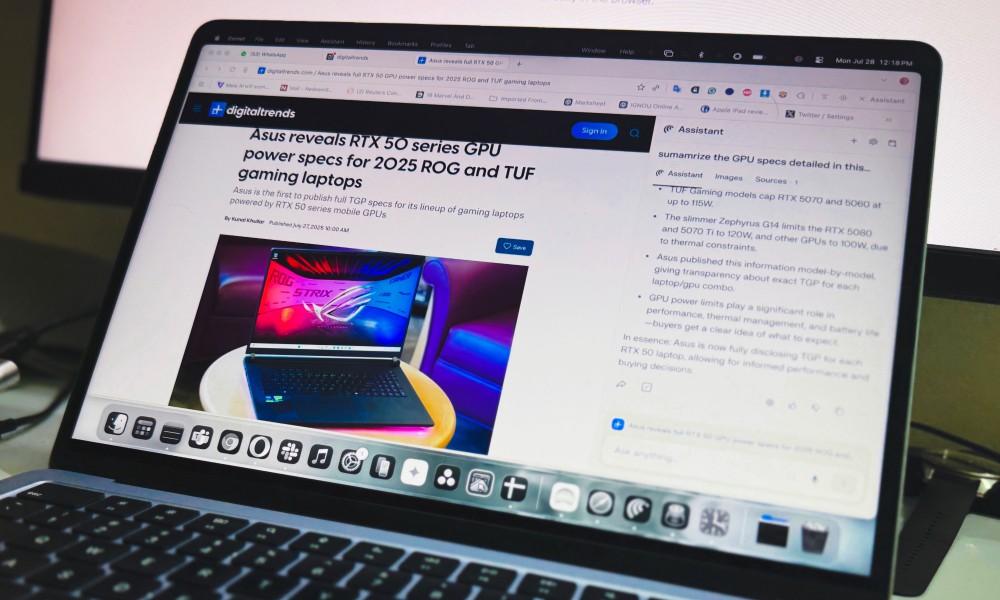
“The browser is bigger than chat. It’s a more sticky product, and it’s the only way to build agents. It’s the only way to build end-to-end “workflows,
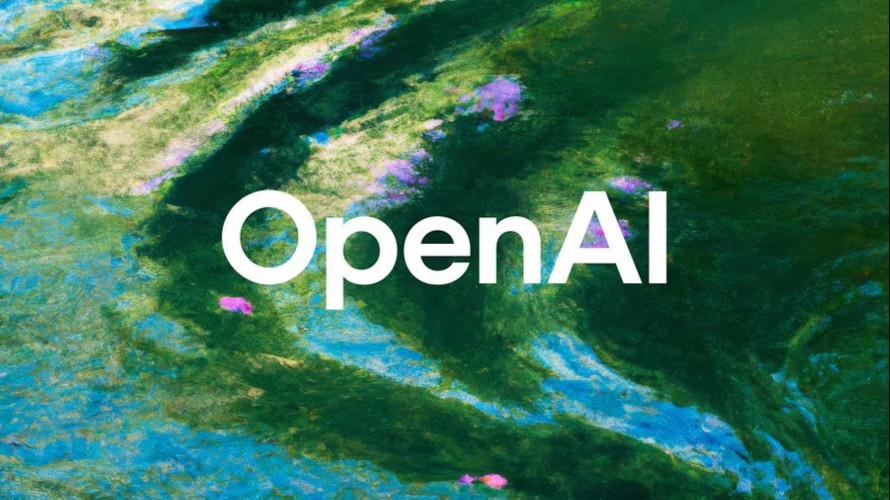
ChatGPT’s recent image generation capabilities have challenged our previous understanding of AI-generated media. The recently announced GPT-4o model d
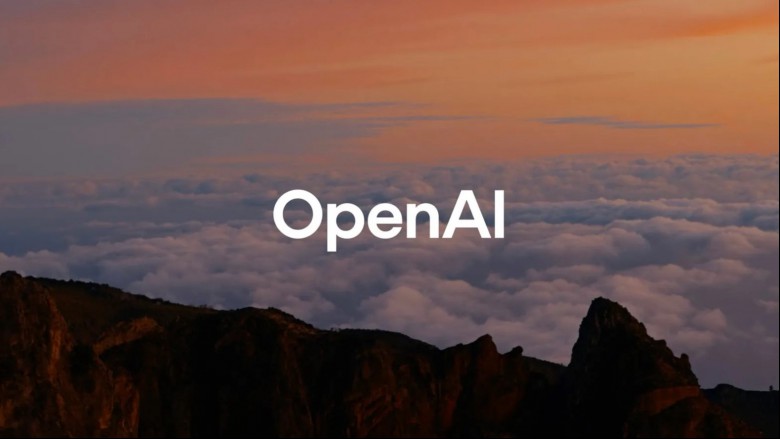
OpenAI has enforced temporary rate limits on image generation using the latest GPT-4o model after the internet was hit with a tsunami of images recrea
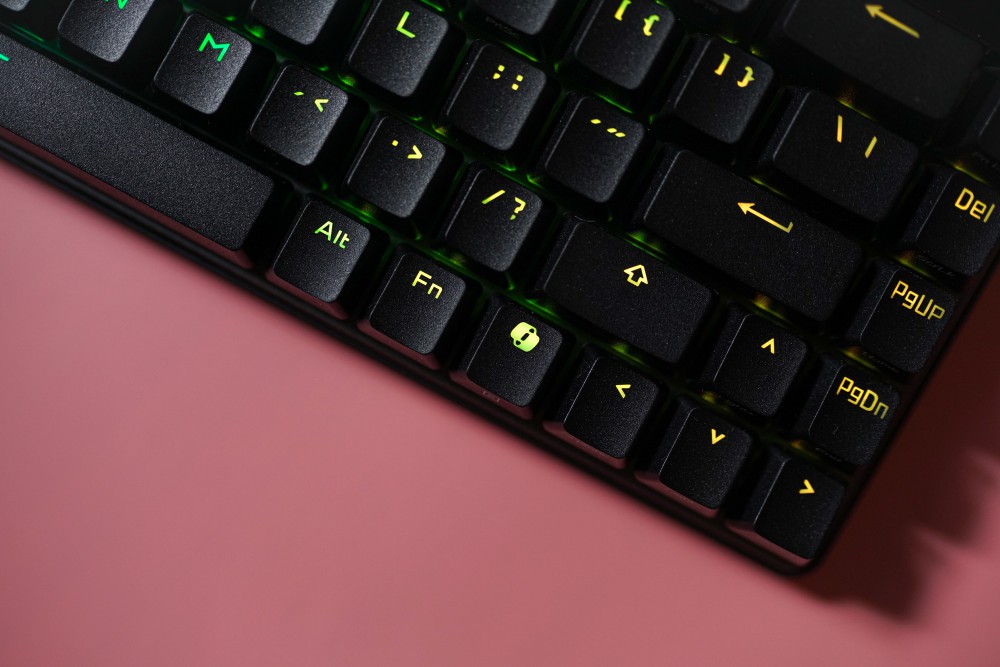
Microsoft has updated the support page for the Windows 11 build it released last week to reveal a rather amusing bug — it seems to have caused some de
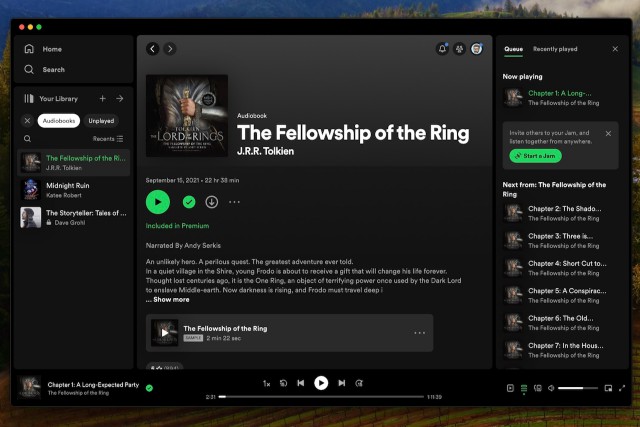
Derek Malcolm / Digital TrendsIn a move expected to dramatically increase the quantity of available audiobooks, Spotify announced on Thursday that wil
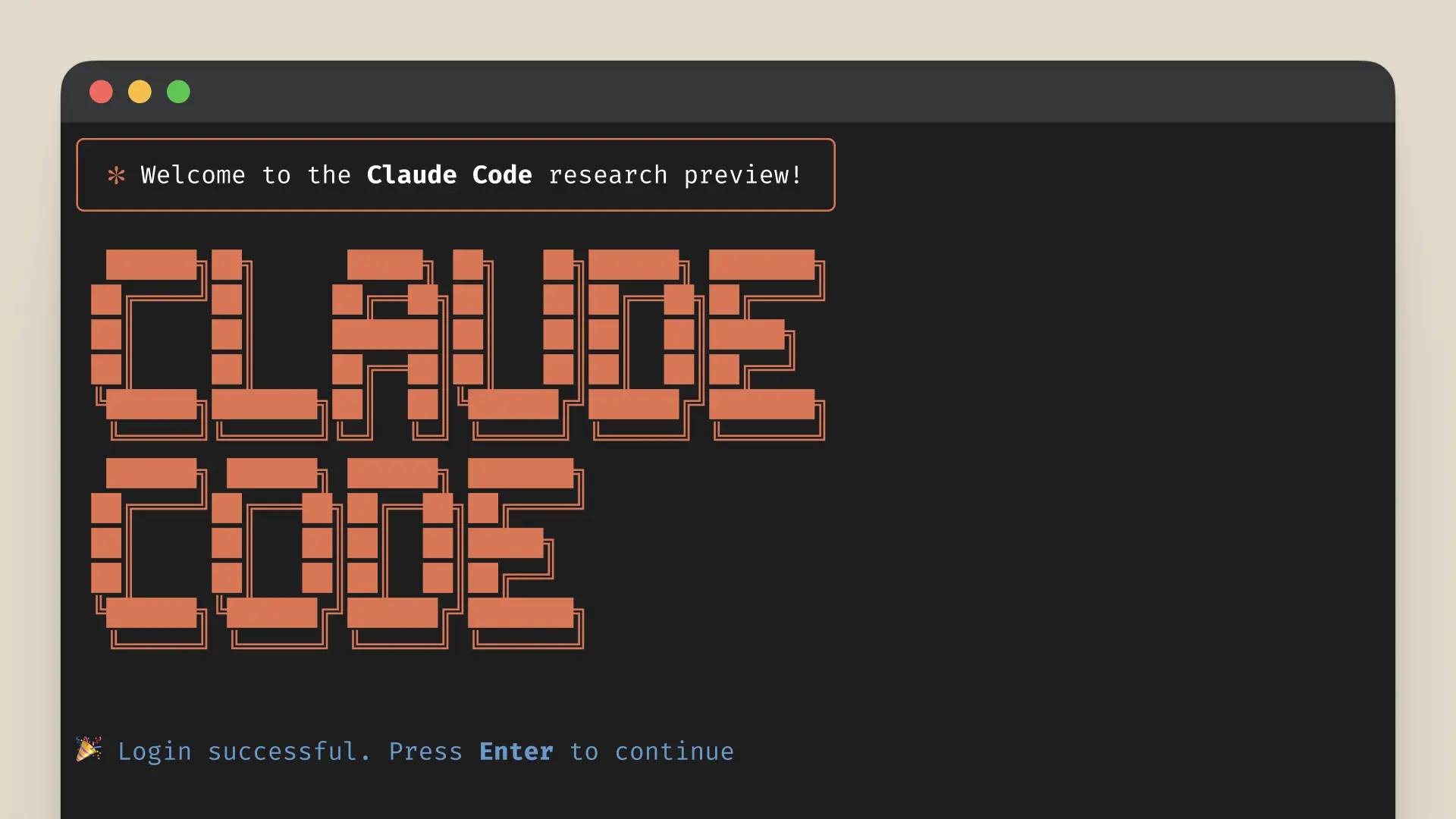
AnthropicOpenAI’s o3 and DeepSeek’s R1 models have some new competition. Anthropic announced Monday the release of its new “hybrid reasoning” model, C
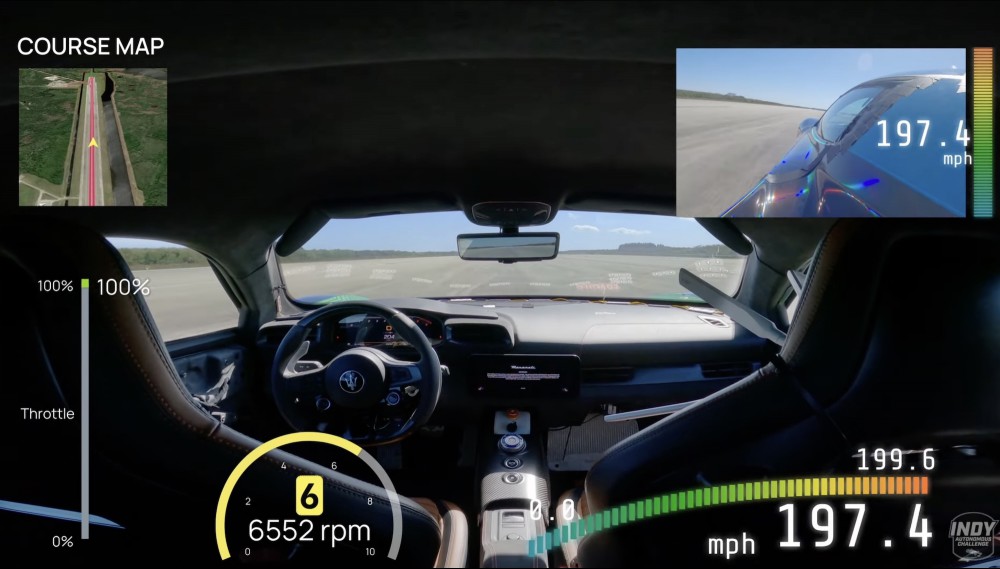
An empty Maserati MC20 driven by an AI system recently set a new speed record for an autonomous vehicle, reaching a blistering 197.7 mph (318 kph) at
We are a comprehensive and trusted information platform dedicated to delivering high-quality content across a wide range of topics, including society, technology, business, health, culture, and entertainment.
From breaking news to in-depth reports, we adhere to the principles of accuracy and diverse perspectives, helping readers find clarity and reliability in today’s fast-paced information landscape.
Our goal is to be a dependable source of knowledge for every reader—making information not only accessible but truly trustworthy. Looking ahead, we will continue to enhance our content and services, connecting the world and delivering value.